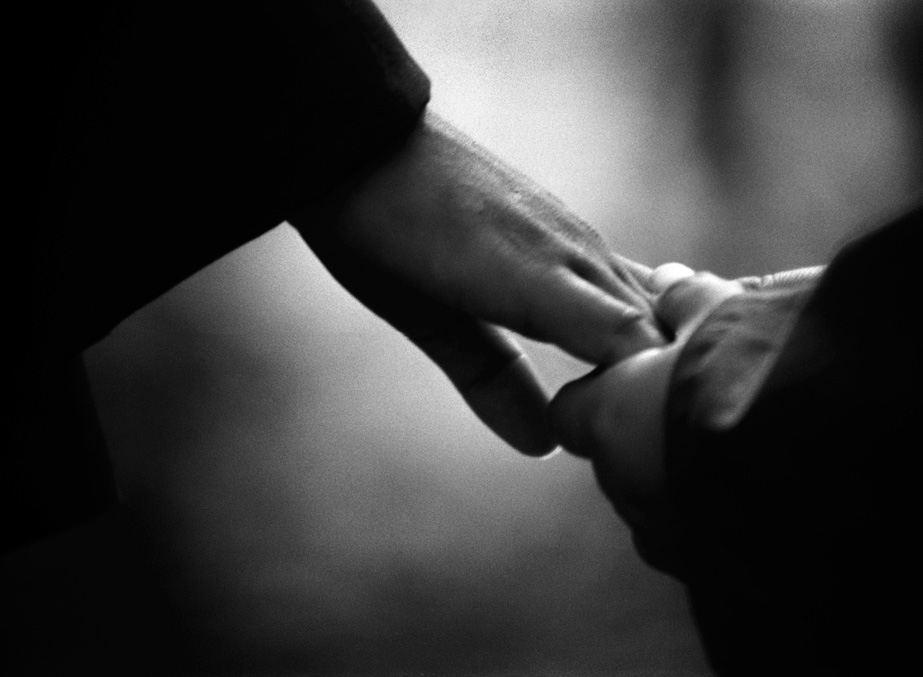With Roshi Enkyo O’Hara, PhD, and Roshi Joshin O’Hara, MA, LCSW

To heal our broken world we need to be able to listen. We need to be able to open to different perspectives. We need to hold conversations we haven’t had before. We need to show up in ways that may be new for us. Together, in this class, we will be learning what is needed to heal our world at this time.
A koan from the Book of Serenity and other collections will be selected each month to guide our practice. Then in a shared learning process that involves listening to one another in deepening contexts – from group circle to small group explorations to panel presentations, we will use the koan to discover the conversations that need to emerge.
The Zen Peacemaker Tenets: Bearing Witness, Not Knowing and Healing Action will guide our process.
We will practice not turning away from whatever arises and meeting it with compassion and wisdom.
As the semester progresses, we hope to expand our capacity to listen deeply to ourselves, each other and the world at large so that we can be the transformation we long for.
Fee: $600
Frequently Asked Questions
What is a koan?
Koan practice in Zen is used as a tool to help us let go of our conventional ways of understanding ourselves and the world — all the ways we categorize and organize reality that separate us from our true nature, from our intrinsic aliveness and wakefulness.
Koans confront our conditioned ways of thinking to make us more aware of our automatic assumptions and beliefs – those handed down by our culture, educational system, family of origin, that keep us locked in a trance of separation in addition to the neurobiological imperatives that undergird our need for safety and security, the need for certainty in a groundless reality. Each koan is a vector into that conditioning, providing a way to work with our limited perspectives.
What’s the format and content of the class?
The class format each month will be to sit with an assigned koan for a month, allowing it to inform our daily practice. On the cushion, for example, we may practice letting go of our thoughts and coming back to the breath or the koan. When we come to the class, we practice speaking and listening from the heart. Those who wish will share what came up for them personally in relation to the koan and this sharing will generate further observations and questions, out of which themes will emerge that participants will explore more deeply in smaller circles.
The class is a training in learning to speak and listen from the heart while practicing the Three Tenets: Bearing Witness, Not Knowing and Taking Action.
What are the Three Tenets?
By Bearing Witness, we will be paying attention to our automatic reactivity and relational patterns that come up as we listen to another or when we ourselves speak e.g. our kneejerk need to impress others or to hold back from saying what we feel in the moment , or tuning out when someone else is speaking or wanting to give them advice to lessen their pain. By Not Knowing, we will practice allowing ourselves to be present to what is newly arising in us – as opposed to reciting ingrained positions and dogmatic opinions — and learning how to open to this inchoate energy and put it into words so that we can share it with others. In Taking Action, we will be learning how to regulate ourselves so we can be present with others in a compassionate way, recognizing that how we relate to ourselves and others in the moment is how we create the world.
How does this relate to healing the world?
As we try to stay present with what arises in the class, in our small groups, in the larger group, and do the hard work of meeting with compassion what arises in us, we are preparing to do the same in our dealings with the larger world. The larger world is simply an amplification of what is going on inside each of us. The question is whether we can admit that, whether we can own our contribution to the polarization, to the hatred. Indeed, to show up as ourselves in a world of infinite difference that is nonetheless always and ever pointing to an underlying oneness is the challenge of the Zen koan. It also happens to be the challenge facing us in 2020 and beyond.
What if I can’t attend every class, how will I catch up?
Each month the koan will be posted online and class participants will be invited to post their comments and observations to the class list. These postings are helpful for informing others’ understanding and relationship to the material. And are a way to stay connected to the class during the month. In addition, those who desire to can pair up with another member or members of the class to discuss your understanding of the koan and to share your practice experience.
Is there a required textbook?
Yes, we’ll be using the following texts:
The Zen of You & Me – Diane Musho Hamilton (Shambhala)
We’ll read a couple of chapters each week to hone our awareness of the challenge of listening and speaking from the heart. So this text is required reading.
The Book of Equanimity – Gerry Shinshin Wick (Wisdom).
We’ll use this translation for the koans for which handouts will be distributed in class. If you’re a Zen student, this book is highly recommended.
What is the time frame for this class?
1:30pm – 4:30pm on Sunday (see dates above)
Questions: registrar@villagezendo.org

